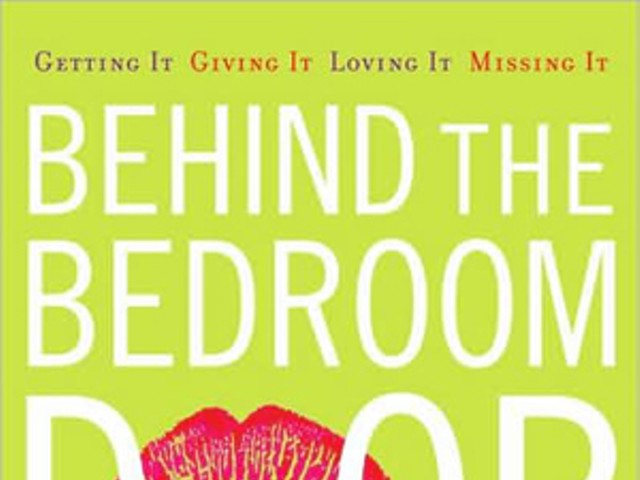For its inaugural Eminent Artist Award, Kresge Arts in Detroit chose Charles McGee. The selection shouldn't be met with much criticism — after all, McGee is a much-loved, well-regarded local artist whose prodigious output has left a deep imprint on his adopted hometown. Born in South Carolina, McGee moved to Detroit at 10 and has spent most of his life here. He studied at the Society of Arts and Crafts (now the College for Creative Studies) and founded the Charles McGee School of Art in 1969, where he taught children and adults for five years. In 1979, he was involved in founding the Contemporary Art Institute of Detroit (CAID).
Over the years, he and his work have popped up in public spaces (i.e., the Broadway People Mover Station), institutions (DIA, Charles H. Wright African American Museum) and academia (he taught at Eastern Michigan University for 18 years). At 84, McGee is still creating in multiple mediums and remains inspired by the life he has created for himself and the external one he observes and interprets. Here's an excerpt of a conversation we had at his Rosedale Park kitchen table.
METRO TIMES: Your work changed when you went to Barcelona for a year in 1968. Do you think you needed to leave Detroit to grow?
CHARLES MCGEE: Yes. It opened my eyes to new vistas. There was a difference between what was then in Detroit and what was happening there that I didn't have access to here. I was trying to see something new. I experienced something vital to my intents — it wasn't all that revolutionary, but it solidified my thoughts about the human endeavor. What I was into here wasn't all that bad — it just wasn't that broadly available here, while I was here.
MT: But of course, you came back. How does living and working in Detroit impact your art?
MCGEE: My art is informed primarily by nature. Timbuktu ... Africa ... Asia ... it doesn't matter. It's universal, unescapable. I get it every minute of my life from the system of opposites that defines nature's order. I don't have to go far — look out the door: grass is different, trees are different, people are different.
This system of opposites that defines nature's order, I think it's magnificent. It's male-female, tall-short, white-black. This order is not just my work: when you determine what is good and bad, you determine on that basis. How a person takes those elements and defines them is their signature, it's how they are composed. Nature is everything, you just have to fish for it.
MT: What are some of the positive aspects about being an artist here?
MCGEE: Being here geographically is a big plus in the economics of dealing with everyday necessities. Like, earlier on I had to make a decision to give it all up to try to pursue a career as an artist. But to keep yourself from having to cut off your ear, you have to take on menial work. We all have to live within our perimeters and I couldn't stand being hungry and half-clothed. I want to get up and let art define what my day is about.
It's the cost of living. My studio [near Marygrove College], when I got it, I paid $12,000 for 4,000 square feet of space.
MT: What about the isolation?
MCGEE: Isolation, for me, is essential to who I am. Those who need a lot of activity, those are the ones who go to New York. I find New York overwhelming with offerings. Like in nature, lots of infusions of activity need lots of quiet. That's why we sleep — it's so logical. I'm never confused too much. A simplistic kind of order guides me through my day.
MT: Do you think a program like Kresge's Arts in Detroit fellowship program is something that can really help the strength of the local scene? In what ways?
MCGEE: Stuff like the Kresge Foundation may stop some artists from migrating, from leaving town all the time, leaving Detroit. It's a big shot in the arm for cultural endeavors. This will help people to have an incentive to stay here and work.
What's impressing me is that they ask nothing of you except for what you bring to the table as far as what you do. That's extremely unusual and it's a really important thing. It's the best thing since women were invented.
MT: I remember seeing your [1995] exhibition at the DIA.
MCGEE: That was the highlight of my life — my art life, I should say — up until now, this award. Not just for myself, but for those around me. I was not able to take art studies [as a child]. I was born on a farm and when I came here when I was 10, I couldn't even sign my signature, just an X. At various moments in my life, I've had high points. Like getting to a fork in the road and having to make a decision, choose the right direction. The move to Barcelona was great. It opened my eyes. It wasn't that it was so different, but it made me focus on what devoting myself full time to work on art meant.
After McGee returned from his year abroad, he was offered his position at EMU. His next major exhibition will be held there in 2009.





